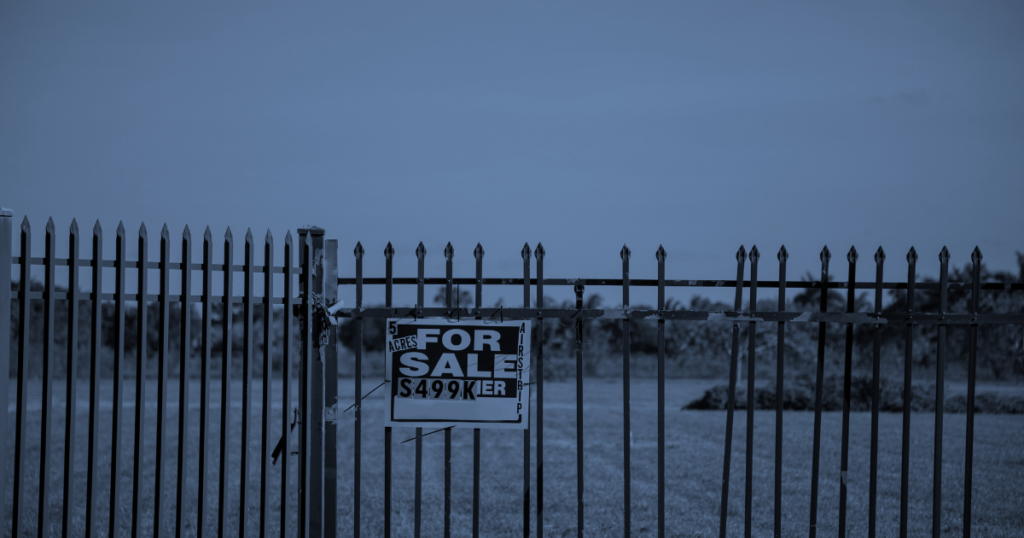This is the next in a series of articles Pushor Mitchell is producing on the Speculation and Vacancy Tax (the “Spec Tax”), aimed at helping property owners understand how the tax affects them. Our last article addressed the expansion of the Spec Tax to new communities in 2025 and the increased Spec Tax rate for Canadian citizens starting in 2026. This article discusses an exemption relevant to property owners unexpectedly charged Spec Tax on bare lots in communities like Peachland, Penticton, and Lake Country.
Bare lots and the Spec Tax
Many British Columbians have purchased bare lots in Okanagan communities, with plans to build retirement homes or relocate for the Okanagan lifestyle, but have not yet built on their land. When purchased, these properties were outside the reach of the Spec Tax. However, as the tax has expanded, owners are now required to file annual declarations and, in many cases, pay significant tax bills—even without a completed residence or speculative intent.
The Exemption for Residential Property Under Construction (the “Construction Exemption”).
Section 41 of the Speculation and Vacancy Tax Act provides a limited but important exemption for residential property under construction. This exemption applies where a home is being constructed, placed, or substantially renovated, and the property remains unoccupied for at least 90 consecutive days in the calendar year.
To qualify, four conditions must be met:
- Building activity is started or continued;
- The owner of the property took reasonable steps to ensure the building activity continued without delay;
- If there is a delay, it was beyond the owner’s control to prevent; and
- There is not yet a residence on the property, or there were 90 consecutive days in the tax year when the residence could not be occupied.
Building Activity
Many owners mistakenly believe that they cannot qualify for the exemption until actual construction begins. In fact, the term “building activity” is broadly defined in the legislation to include a range of preparatory steps. The Speculation and Vacancy Tax Act lists the following as qualifying building activities:
- Applying for financing;
- Applying for permits or approvals;
- Entering into contracts for designing, building or engineering;
- Demolishing an existing building;
- Clearing or excavating a site;
- Constructing a residence or substantially renovating a residence; and
- Any other activity necessary for the construction, placement, or substantial renovation of a residence.
This broad definition gives owners flexibility in claiming the Construction Exemption, provided they are not responsible for unreasonable delays. The exemption is especially useful in the early stages of development, when delays in permitting, financing, or municipal approvals—often beyond the owner’s control—can stall visible progress. So long as the owner has taken reasonable steps to advance development, they may still qualify.
Record Keeping
Owners seeking to rely on the Construction Exemption must be diligent in their record-keeping. Documentation should include permits, applications, contracts, invoices, and correspondence that demonstrate building activity has commenced or continued and that any delays were out of the owner’s control. Communications with municipal staff, consultants, or builders can be particularly helpful in establishing compliance with the exemption criteria.
Conclusion
The Construction Exemption offers meaningful relief for owners actively developing their land, whether building a new home, placing a modular unit, or substantially renovating an existing structure. Its inclusive definition of building activity means that it captures not only construction but also the necessary preparatory and administrative steps. Nonetheless, owners remain responsible for filing their annual Spec Tax declarations, carefully assessing eligibility, and maintaining thorough supporting records in case of an audit. For property owners who were surprised by a 2025 Spec Tax assessment on a bare lot, the Construction Exemption may provide a practical solution.
If you would like to learn more about the Speculation and Vacancy Tax or the nuances of the construction exemption and whether it could apply to your BC property, reach out to Kyle Ramsey at [email protected] or give him a call at 250-869-1259.

